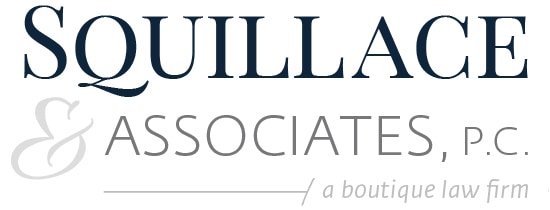Legacy Planning is about creating an estate plan that reflects your core values and beliefs and allows you to pass them on to your loved ones. In doing so, you are able to guide them with your wisdom, help them to understand more fully your beliefs, and set in motion your hopes and dreams for each of them. It allows you to create an estate plan that uses your personal wealth as a means to accomplishing the long-term goals which define you as a person.
Legacy planning may include charitable projects, on-going philanthropy through foundations, or ideas and feelings about how you want the business (and the business relationships you have developed) to continue.
Legacy can also be viewed as having made a difference in the world during life; the world is a better place as a result of the person’s life and business. Legacy is much more than our money and our property. It could very well be a philosophy of life, a set of moral values that we have come to stand for, or the stories of the people from whom we come.
Owners who build their company with thoughtfulness take on a sense of responsibility and concern for their business customers and employees. This aspect of the legacy is the most powerful for some and truly dictates how the business is transitioned.
We have seen owners walk away from offers to purchase because of the values that the prospective buyers have or don’t have. A key element in transition planning is to identify those important values prior to attempting a transition. It wastes a lot of time and money to get most of the way through a prospective deal and then walk away from it. Perhaps worse is to live with remorse and regret over who is now running the business.
Every business is part of a community. The balance of that community depends upon each business. When a business is not adequately transitioned, there is a domino effect that impacts others. Sometimes the impact is a good one; sometimes the impact is destructive to the whole community. As an example, we have all heard how the opening of a Wal-Mart means the closing of multiple small businesses within a radius around the store. On the other hand, Wal-Mart is successful because it provides what people want at prices they can afford. A thoughtful business owner will be aware of the impact his business may have on others in the community. It may or may not change the decisions ultimately made, but it helps to contemplate the results of each potential choice.
If you have questions, click here to contact us to set up a time to discuss this with you.
